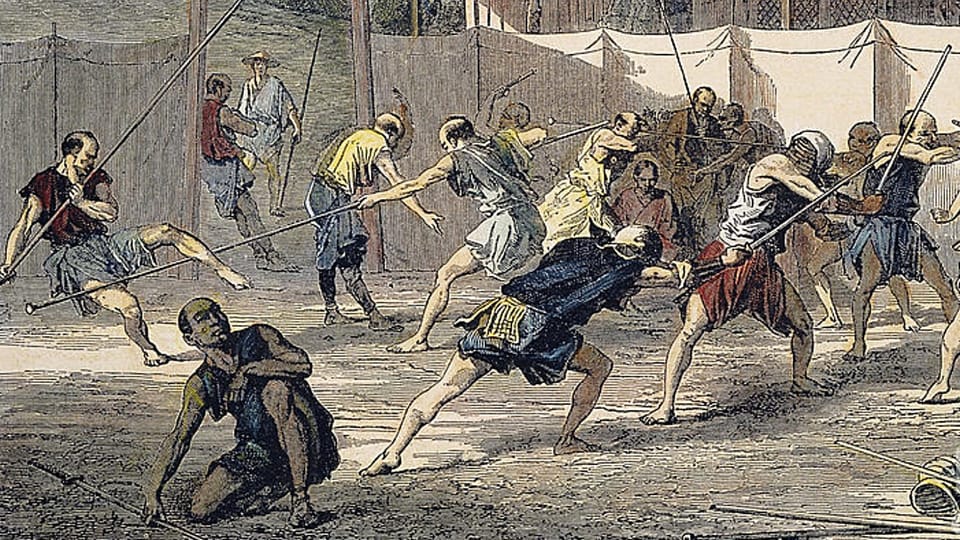Samurai: From Warrior Legends to Bureaucratic Powerhouses

In the early 10th century, Japan’s samurai warriors were the real deal. Local chieftains recruited them to wage specific wars, then sent them back home to till the soil. With the emperor chilling in Kyoto, unable to keep a lid on the provinces, these samurai clans said, “Hey, we got this,” and became the big shots in town.
Now, these guys didn’t just wake up one day and become lethal weapons. No, sir! Samurai training started when they were bambinos. They did everything from physical training to studying Chinese literature, poetry, and Zen Buddhism. And then there’s Bushidō, the samurai moral code. These guys were all about loyalty, respect, and self-discipline. Samurai were known for being as disciplined as a Marine Corps drill sergeant. They’d meditate, endure crazy weather, and put themselves through all sorts of deprivation.
And you know what was a big deal for them? How they bit the dust. Dying by your own hand? That was considered the ultimate mic drop. So, a lot of these dudes chose ritual suicide (seppuku) over facing defeat or humiliation.
And it wasn’t just about swinging a sword. These guys knew how to throw down without weapons too. They practiced unarmed combat to stay in top shape and get a better grip on armed combat.
And speaking of weapons, these dudes were all about the sword, the bow, and a weapon called the naginata. They’d train at schools run by big-shot instructors under the protection of a lord. Wooden swords clashing, dudes practicing on wooden dummies, and sometimes even using real people for target practice. Brutal, right?
Fast forward to the late 12th century, and these badasses ruled the whole shebang, provinces and all. But, by the mid-1870s, the party was over. After Tokugawa Ieyasu had Japan all wrapped up, these samurai weren’t needed to swing their swords as much. They became more like bureaucrats, which was a big bummer because they couldn’t get in on the money-making action. Peace brought a whole new set of problems for these guys.
The image of the samurai might have shifted over time, but they’ve always been the symbol of courage, loyalty, and honor. Whether they were swinging swords or pushing paper, these guys were the real deal.
